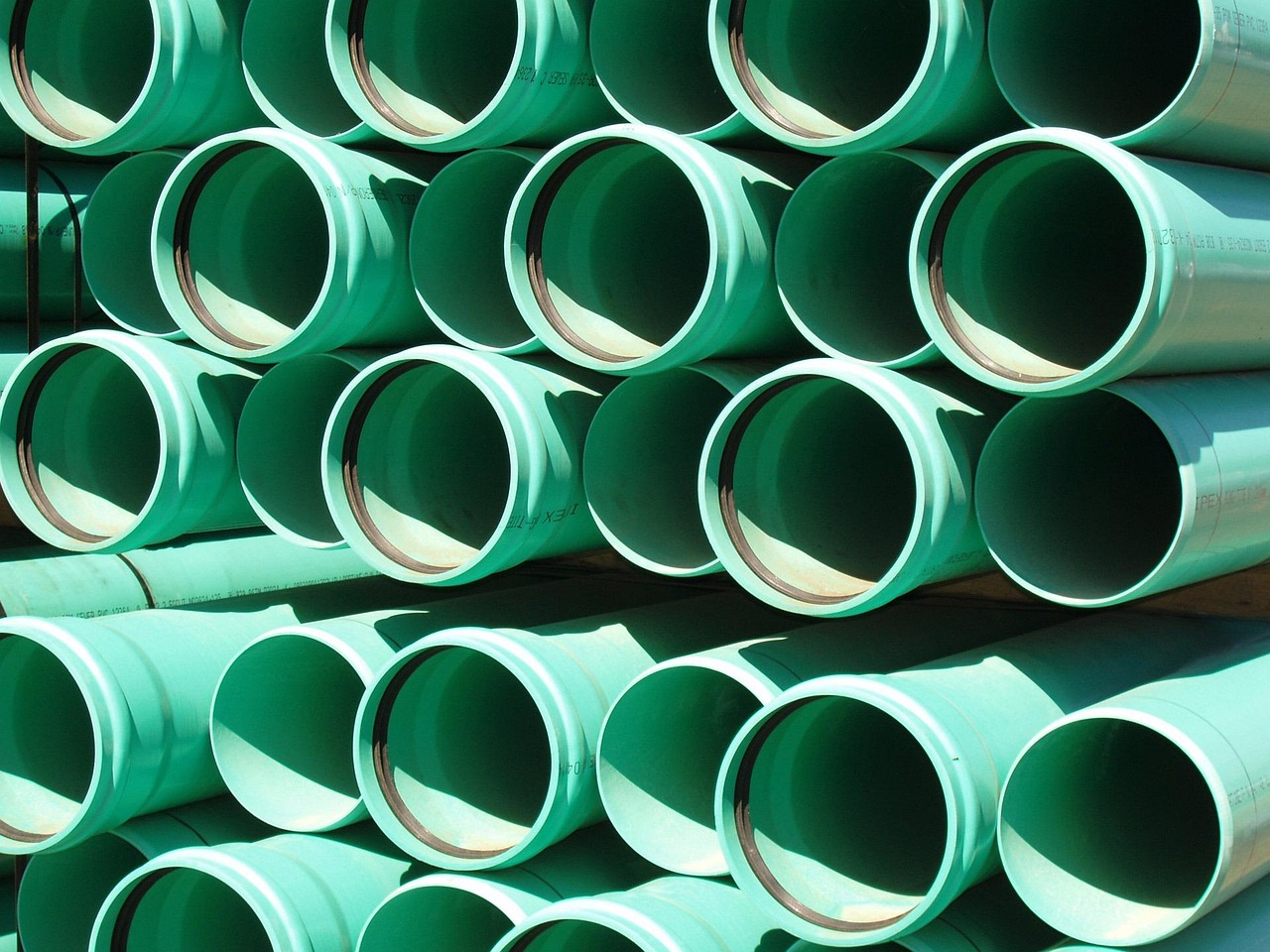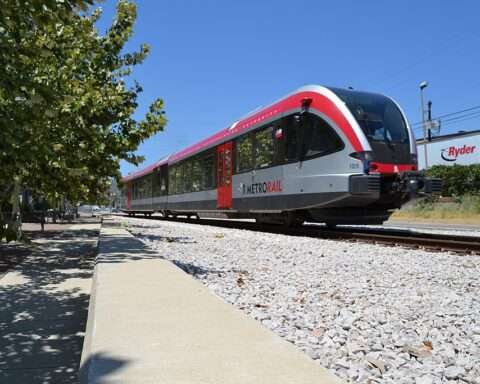EXCLUSIVE: This article is a Strategic Partnerships Inc. exclusive story—only available through Government Contracting Pipeline. To receive more exclusive content, subscribe for free to the Government Contracting Pipeline here.
The Joint Finance Committee in Wisconsin has signed off on adding more than $732 million to supplement the Environmental Improvement Fund (EIF), showcasing the Legislature’s overwhelming support for future water projects.
The EIF funds the Clean Water Fund Program (CWFP) and the Safe Drinking Water Loan Program (SDWLP), which are both dedicated to helping communities complete critical water projects. Eligible initiatives include water infrastructure that protects and improves public health and water quality, and those needed to sustain compliance with federal and state wastewater treatment and drinking water supply regulations.
According to the Department of Natural Resources’ (DNR) financial review of the EIF, 2024 was the first year in history the program lacked sufficient funding to meet demands. By the end of the year, at least 24 projects were left with unmet needs, costing approximately $74 million. Between 2023 and 2024, demand for CWFP funding increased by 154% and 325% for the SDWLP.
The $732 million will enable the EIF to fund anticipated projects over the next two years. The additional bonding authority prevents the EIF’s available funds from shrinking, providing the capacity needed to meet high levels of demand and mitigate risks to the environment and water sources.
Similar to other nearby states, Wisconsin has faced several issues impacting the security of its available water resources. Per- and polyfluoroalkyl substances (PFAS) are an ongoing threat, threatening local wildlife, drinking water supplies and soil health. Aging infrastructure is another primary concern for local communities after the state received a C average from the American Society of Civil Engineers (ASCE) 2024 Report Card for drinking water, stormwater and wastewater facility conditions.
The approved bonding authority is the first step in finalizing the state’s budget since bipartisan talks broke down earlier this month. Wisconsin lawmakers have until June 30 to present and approve a comprehensive final budget for the upcoming year.
Image by PublicDomainPictures from Pixabay













